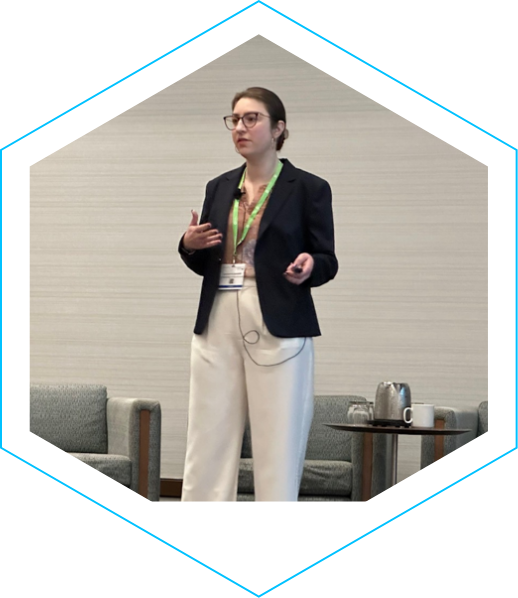
Applied Mixing Technology for Process Development: Scaling Down to Scale Up
Event overview
This is an online short course and will be held Live via a virtual platform across four sessions;
Monday, April 8th | 2.00pm – 5.00pm BST
Tuesday, April 9th | 2.00pm – 5.00pm BST
Wednesday, April 10th | 2.00pm – 5.00pm BST
Thursday, April 11th | 2.00pm – 5.00pm BST
Use of the proper mixing technology is often essential for successful process results. This online course considers how we can choose appropriate mixing conditions for laboratory, pilot, and commercial scale units to ensure technical success. The course begins by rooting us in some essential basics of mixing technology. With those fundamentals, we then progress through different mixing applications in increasing levels of complexity: single-phase (blending and heat transfer), multiple phase (solid-liquid, immiscible liquid, gas-liquid, and 3-phase), and mixing in competitive rate processes (reactions and crystallizations). Throughout, we look at scale-up and scale-down by using examples from industrial processes which have a variety of mixing requirements. We will discuss how to design and execute practical experiments at the small scale which can identify mixing sensitivities in a process that could be an issue on scale-up. Though primarily focusing on operations in stirred tanks, we will also discuss mixing applications in flow systems like static mixers.
Course Outline
- Why learn about mixing and what is “mixing” anyway?
- An introduction to some example industrial processes with multiple mixing requirements
- Foundations of mixing technology: power, flow, and “shear” (with some discussion of rheology)
- An introduction to mixing applications, revisiting the example processes
- Single-phase mixing applications and how they scale
- Miscible liquid blending (macromixing)
- Heat transfer
- Multiple-phase mixing applications and how they scale
- Solid-liquid mixing
- Liquid-liquid dispersion
- Gas-liquid dispersion
- Three-phase mixing
- Competitive rate processes (micromixing and mesomixing)
- Mixing-sensitive reactions
- Crystallizations and precipitations
- An efficient experimental method for screening mixing sensitivities: the Bourne Protocol
- Balancing different mixing requirements during scale-up and scale-down: scaling competitive rate processes and optimization
Who Should Attend
Scientists and engineers in the chemical and pharmaceutical industries who are involved in process development, scale-up/scale-down, troubleshooting, and process optimization.
Take-home Messages
- Mixing moderates some rate processes that can be critical for successful process results.
- Power, flow, and “shear” are the foundation upon which we can evaluate mixing applications.
- Predicable mixing performance can be estimated for single phase and multiple phase systems, along with the boundaries of “not enough mixing” and “too much mixing”.
- You cannot keep all mixing parameters the same when you scale up.
What's included
The course fee includes:
- Link to watch all two live sessions
- Electronic version of the course manual*
- Course certificate
For this on line course, there will be no recordings available and *the e reader manual is NOT printable or downloadable (due to copyright). If you prefer a hard copy of the manual you will have the opportunity of purchasing a professionally printed hard copy during the booking process.
Other Information
General Information
This course includes:
- A protected e-reader version of the slides
(please note you will be able to print the electronic version and it will be accessible for a minimum of 1 year. However, if you wish to purchase a professionally printed colour version of the manual this will be an additional cost) - Course Certificate
Course Certificate
At the end of each course participants receive a Certificate of Attendance – signed by your tutor. This will be e-mailed to you if you sign up and attend the course.
Applied Mixing Technology for Process Development: Scaling Down to Scale Up
Fee info
| E-Reader: | Included |
| Printed Copy: | £90.00 + P&P |
It was good. Never visited a Scientific Update conference, but will get it on my priority list. Very good – like the set-up, flow and topics. Very interested in process development.
Organic Process Research & Development Conference Delegate 2023
Thank you for the excellent conference. I enjoyed the scientific content and the networking opportunities. I will definitely recommend this conference to my colleagues.
The Formulation and Drug Delivery Congress Delegate
Become a speaker at one of our events
Share your expertise with a global audience of industry professionals. Scientific Update is continually seeking thought leaders and industry innovators to speak at our renowned conferences and training courses.








